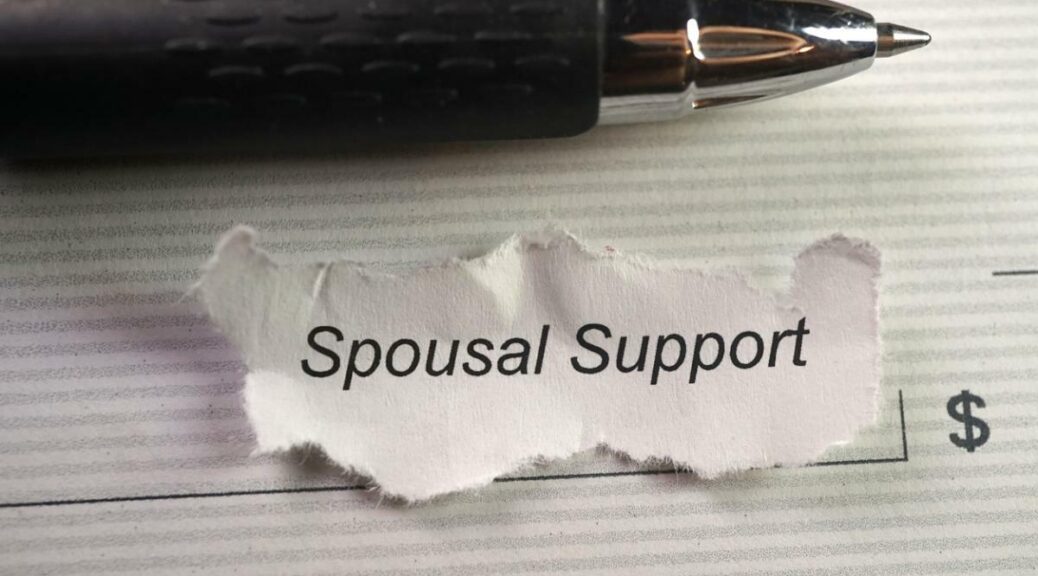Divorce is one of life’s most challenging transitions, and the financial implications can be overwhelming. If you’re going through a divorce in California, spousal support is a critical consideration that can significantly impact your financial future. Understanding when and why to seek spousal support requires expert legal guidance, especially given California’s complex family law system.
What Is Spousal Support?
Spousal support is a court-ordered payment from one spouse to another during or after a divorce. The purpose is to help the lower-earning or non-earning spouse maintain a reasonable standard of living and achieve financial independence. In California, spousal support can be temporary (during divorce proceedings) or long-term (after the divorce is finalized).
Why Spousal Support Matters
Many people hesitate to consider spousal support, either because they don’t want to appear dependent or because they’re unsure if they qualify. However, spousal support is intended to address real financial disparities that often arise during marriage. If one spouse sacrificed career opportunities to raise children, support the other’s career, or manage the household, spousal support can help level the playing field.
Consider the spouse who put their education on hold or left the workforce to care for children while the other spouse advanced their career. After years or decades of marriage, that spouse may lack recent work experience, updated skills, or professional networks. Spousal support provides crucial financial breathing room to pursue education, training, or job opportunities.
Factors California Courts Consider
California courts don’t award spousal support arbitrarily. Judges evaluate numerous factors to determine if support is appropriate and, if so, how much and for how long. These factors include the length of the marriage, each spouse’s income and earning capacity, the standard of living during the marriage, each spouse’s assets and debts, and contributions to the other spouse’s education or career.
The court also considers the supported spouse’s ability to become self-supporting and any history of domestic violence. For marriages lasting ten years or longer (considered “long-term marriages” in California), courts retain jurisdiction over spousal support indefinitely, allowing for modifications as circumstances change.
When You Should Consider Spousal Support
You should seriously consider spousal support if:
- There’s a significant income disparity between you and your spouse
- If you sacrificed career opportunities during the marriage
- If you need time and resources to become financially independent
- If you have health issues that affect your earning capacity
- If you’re approaching retirement age with inadequate retirement savings
Even if you’re currently employed, spousal support might be appropriate if your income is substantially lower than your spouse’s or if marital decisions limited your earning potential.
The Importance of Specialist Legal Representation
Spousal support cases can be legally complex, involving detailed financial analysis, strategic negotiation, and a nuanced understanding of California family law. This is where having a Certified California Family Law Specialist makes all the difference.
Judy L. Burger is one of only ten percent of California family law attorneys who have earned the distinction of Certified Family Law Specialist through the State Bar of California Board of Legal Specialization. This certification requires extensive experience, rigorous examination, and demonstrated expertise in family law matters, including spousal support.
With decades of experience handling complex divorce cases throughout California, Judy Burger has the credentials and expertise necessary to navigate even the most challenging spousal support situations. She understands how to present compelling evidence of your financial needs, your earning-capacity limitations, and your contributions to the marriage. Her strategic approach ensures that courts see the full picture of your circumstances.
Protecting Your Financial Future
Requesting spousal support isn’t about punishment or dependency—it’s about ensuring fair treatment and financial stability as you transition to post-divorce life. The right spousal support arrangement can mean the difference between struggling to make ends meet and having the resources to rebuild your life successfully.
Don’t let pride, guilt, or uncertainty prevent you from exploring your options. An experienced family law attorney can evaluate your situation objectively and advise you on whether spousal support is appropriate in your case.
Frequently Asked Questions About Spousal Support
Q: How long does spousal support last in California?
A: The duration varies based on the marriage length and circumstances. For marriages under ten years, support typically lasts half the length of the marriage, though this is a guideline, not a rule. For long-term marriages (ten years or more), courts can order support indefinitely or until circumstances change significantly.
Q: Can spousal support be modified after the divorce?
A: Yes, spousal support can be modified if there’s a significant change in circumstances, such as job loss, serious illness, remarriage of the supported spouse, or substantial income changes. You must petition the court for modification.
Q: Is spousal support taxable?
A: For divorce agreements finalized after December 31, 2018, spousal support is no longer tax-deductible for the paying spouse or taxable income for the receiving spouse due to federal tax law changes.
Q: What if my spouse refuses to pay court-ordered spousal support?
A: Non-payment of court-ordered spousal support has serious consequences. You can seek enforcement through wage garnishment, contempt of court proceedings, or other legal remedies. An experienced attorney can help you enforce your support order.
Q: Can I receive spousal support if I’m employed?
A: Yes, employment doesn’t automatically disqualify you from spousal support. If there’s a significant income disparity or if your earning capacity was affected by the marriage, you may still be entitled to support.
Get Legal Guidance Today
Spousal support decisions have long-lasting financial implications. Don’t navigate this complex area of family law alone. The Law Offices of Judy L. Burger provides compassionate, strategic representation for spousal support matters throughout California.
As a Certified California Family Law Specialist, Judy Burger has the expertise to protect your financial interests and fight for the support you deserve. Contact The Law Offices of Judy L. Burger today for a consultation. Call our offices or visit our website to schedule your appointment and take the first step toward securing your financial future.











